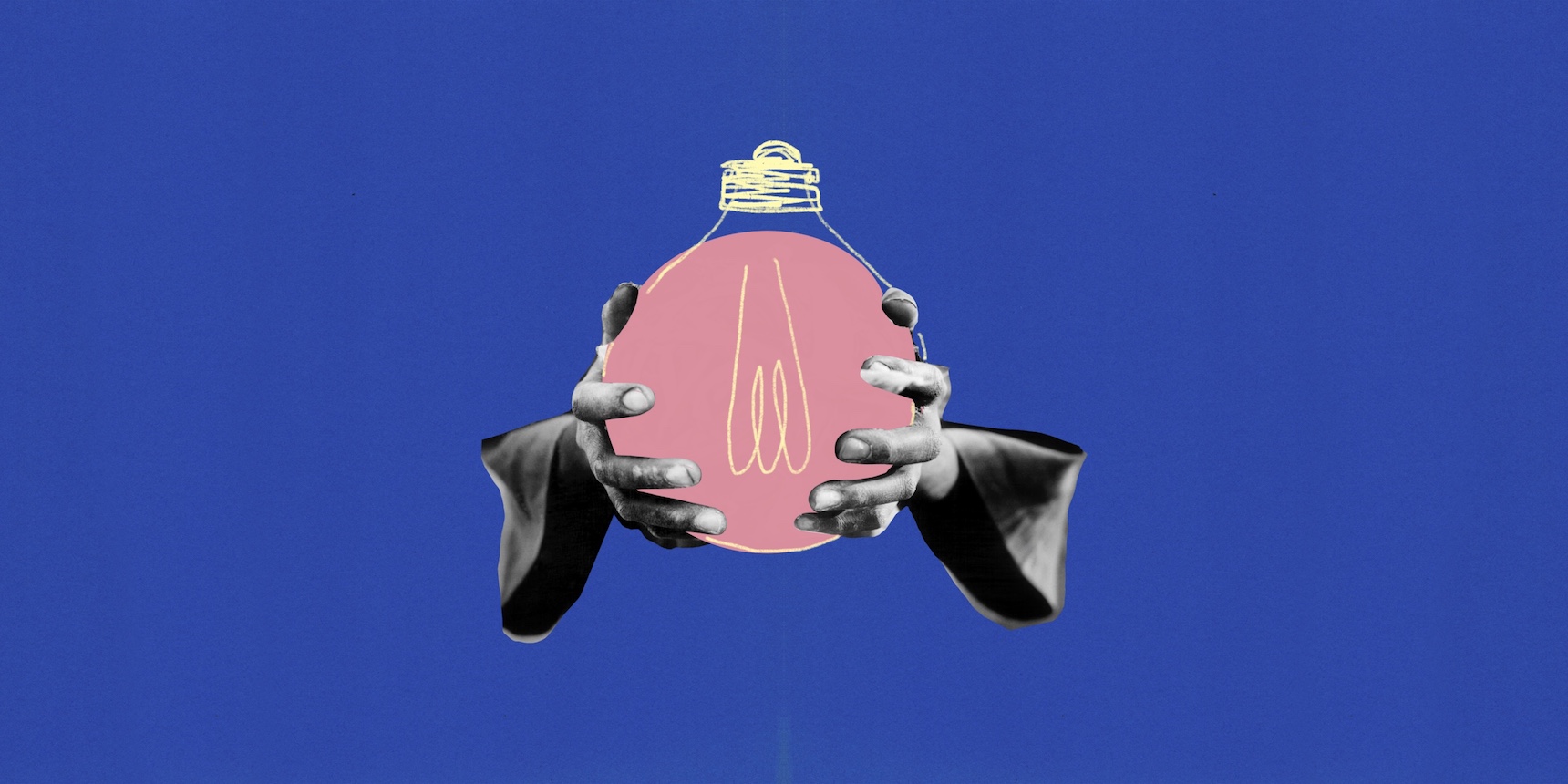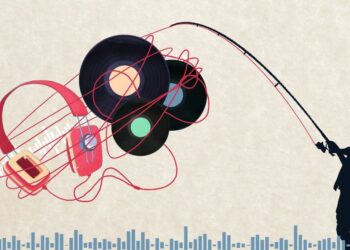
Intellectual property (IP) is a crucial factor in fostering economic development as it incentivizes innovation, creativity and investment. By legally protecting these innovations, inventors and creators are motivated to continue to innovate, develop new ideas, products and technologies, and enhance a country’s competitiveness on the global stage.
Effective IP protection can also facilitate the transfer of technology and knowledge across different industries and sectors, promoting new collaborations and partnerships. The role of strong IP laws in stimulating innovation, creativity, and investment cannot be overstated, as it ultimately leads to the growth of the economy.
However, despite efforts to strengthen IP laws in Armenia, the country still faces challenges in effectively protecting and enforcing these rights.
Armenia has been a member of the World Intellectual Property Organization (WIPO) since 1993 and the Eurasian Patent Office (EAPO) since 1995. In addition, the country’s intellectual property agency collaborates with other international and regional structures and foreign offices, including the European Patent Office (EPO). Armenia has a legal framework in place for protecting intellectual property rights, having acceded to various international treaties and conventions, including the Paris Convention for the Protection of Industrial Property, the Berne Convention for the Protection of Literary and Artistic Works, and the Agreement on Trade-Related Aspects of Intellectual Property Rights (TRIPS). Armenia has also ratified several international agreements related to intellectual property, including the WIPO Copyright Treaty and the WIPO Performances and Phonograms Treaty. Overall, Armenia has strong intellectual property laws and works to align its legislation with that of the EU as part of its membership in the EU’s Eastern Partnership program.
Armenia protects its intellectual property rights through a range of legal instruments, including patents, trademarks, copyrights, and industrial designs. The State Intellectual Property Agency is responsible for registering and administering these rights. However, as in many countries, intellectual property infringement remains an issue. Piracy of copyrighted works is particularly prevalent in the music and film industries, causing significant losses in revenue and hindering the growth and development of the creative sector. Illegal downloading and sharing of music and movies over the internet, as well as the sale of pirated copies of these works in physical markets, are major contributors to the problem. Counterfeit products, such as clothing and accessories, also pose a significant challenge to brand owners. Counterfeiting involves the unauthorized production and sale of goods that are often identical to legitimate products. This practice harms brand owners by damaging their reputation and sales, and it also poses a risk to consumers, who may unwittingly purchase low-quality or potentially dangerous products.
The practice of violating IP rights often starts at a young age. One common example of IP rights violation occurs within universities, where plagiarism remains a significant issue. Many students fail to understand the importance of originality and proper citation, leading them to copy and paste content from the internet or submit work that is not their own. This not only undermines academic integrity, but also hinders the development of a culture of innovation and creativity. Students who do not learn how to properly cite sources or develop their own ideas and research are ill-prepared for the workforce, where originality and innovation are highly valued.
To address this issue, universities in Armenia should take a strong stance against plagiarism and provide students with the necessary education and resources to properly cite sources and produce original work. This can include offering training on academic writing and citation practices, as well as access to plagiarism detection software.
In addition, it is crucial to foster a culture of creativity and innovation in Armenia from an early age. Initiatives to encourage entrepreneurship and innovation among young people, as well as policies and programs that support research and development in key industries, can help promote a culture of IP protection and originality.
The EU-Armenia Comprehensive and Enhanced Partnership Agreement (CEPA), which entered into force in March 2021, includes provisions related to intellectual property rights. CEPA commits members to strengthening the protection and enforcement of intellectual property rights, and cooperating on issues related to intellectual property. The agreement also provides for the protection of intellectual property rights, including trademarks and patents, and establishes a framework for cooperation between Armenia and the EU on intellectual property matters.
Armenia’s intellectual property regime has been gradually harmonized with the EU’s legal framework through several reforms. One example of this harmonization is the implementation of regulations on geographic indications, a type of intellectual property that protects the names of products originating from specific regions.
As part of this agreement, Armenian brandy producers must stop using the name “cognac” on their products by 2032, in exchange for a payment of 3 million euros from the EU. Similarly, sparkling wine producers in Armenia using the term “champagne” have agreed to drop that descriptor within four years.
The term “cognac” is legally restricted to brandy produced in the Cognac region of France, and is protected by European Union law as a Geographical Indication (GI). Despite this, Armenia has been using the term “cognac” to describe its brandy, which has a long history of production. This has caused tension between Armenia and the EU, which seeks to protect GIs and prevent the use of terms such as “cognac” and “champagne” outside their designated regions.
Nevertheless, Armenia has taken steps to improve its enforcement of intellectual property rights. In 2017, the Criminal Code of Armenia was amended to impose higher fines and longer prison terms for copyright infringement. The new law raised the maximum fine for individuals from 1 million AMD (approximately $2,000) to 5 million AMD (approximately $10,000), and for legal entities from 3 million AMD (approximately $6,000) to 20 million AMD (approximately $40,000).
Armenia has taken an interesting approach to protecting intellectual property in the IT sector. In July 2021, it adopted a new law making it the second country in the world, after the United States, to explicitly permit the patenting of software. The law allows for the patenting of computer programs and algorithms, provided they meet certain criteria, such as being novel and nonobvious.
This new law is significant for Armenia’s IT sector, as it provides greater protection for software developers and companies operating in the industry. Previously, software patents were not explicitly allowed in Armenia, and the legal framework around them was unclear. This development will create favorable conditions for startups and innovators in Armenia to generate intellectual value and patent their software with reliable protection. Moreover, it will help stimulate innovation and investment in the IT sector in Armenia, promoting further growth and development in the industry.
Overall, Armenia’s intellectual property laws are in line with EU standards, and the country has taken steps to further align its legal framework with that of the EU. More important, however, is to implement existing laws.
Strong protection of intellectual property is crucial for the development of Armenia for several reasons. Firstly, it encourages innovation and creativity by providing incentives for individuals and companies to invest in research and development. This leads to the creation of new products and services, which can stimulate economic growth. Secondly, it attracts investment as companies are more likely to invest in a country that has a strong legal framework for protecting intellectual property. This also gives them a competitive advantage over other companies that may attempt to copy their products or services. Thirdly, it enhances international competitiveness, as companies prefer to do business with a country that has a reputation for protecting intellectual property rights.
Additionally, strong intellectual property rights support local industries by allowing them to protect their products and services from being copied by others, creating jobs and stimulating economic growth. Lastly, intellectual property protection promotes creativity and cultural diversity by providing incentives for artists, writers, and musicians to create new work. It also preserves Armenia’s cultural heritage while promoting its unique cultural identity.
Armenia’s limited natural resources make it important for the country to focus on developing its intellectual capital. Protecting intellectual property can encourage an innovative culture from an early age, leading to the creation of unique products and services that can distinguish Armenia in the global market. It is thus crucial for Armenia to continue prioritizing the protection of intellectual property as a means to drive growth and prosperity for its people.
Related reading
Armenia’s Path to Getting Copyright Right
Artists have been facing a real problem in Armenia: not getting fairly compensated for the music they release. In an age when sales of physical disk copies have drastically declined, with concerts and tours put on hold because of a pandemic, how are musicians supposed to get by?
Read moreRecently published
Old Neighbors, New Realities
Iran will never accept any Azerbaijani military or political control of southern Armenia. While Tehran is pursuing a policy of strategic patience vis-à-vis Azerbaijan, it does have red lines that, if crossed, would likely produce a swift reaction.
Read moreState Secrets, New Bolts
Authorities have imposed new restrictions and tightened regulations on keeping state information secret. Experts argue that if the current government has made democracy its brand, then it should proceed with caution when imposing such restrictions.
Read moreLone Patients
In Armenia, patients who are alone, with no immediate family or a caregiver often find themselves in difficult circumstances. Unfortunately, it seems that there is not yet a solution to this problem.
Read moreDoes it Float Your Boat? Navigating the Perilous Waters of Armenian Film Spectatorship
Armenia’s local film industry has managed to slowly bounce back after nearly two decades of stasis with an average of 25 features per year. But do these films truly reflect the realities of the people and the country that they purport to represent?
Read moreEVN Media Festival
The second annual EVN Report Media Festival brings together local and international media professionals in Yerevan to share their experience and expertise, while highlighting the pivotal role journalists play in serving and shaping society’s perceptions about itself. As a celebration of the knowledge-sharing, diversity and creativity of the media industry, the festival will feature a wide range of events covering topics from media ethics, to investigative reporting, to combatting disinformation and fact-checking, along with fireside chats, an academic’s circle, exhibitions, workshops, and a portfolio review. Over three days of inspiring and thought-provoking conversations, attendees will have the opportunity to interact with journalists, editors, writers and thinkers, and learn more about the need for and value of quality, credible and trustworthy news and information.
See full program
See guest speakers
Register







